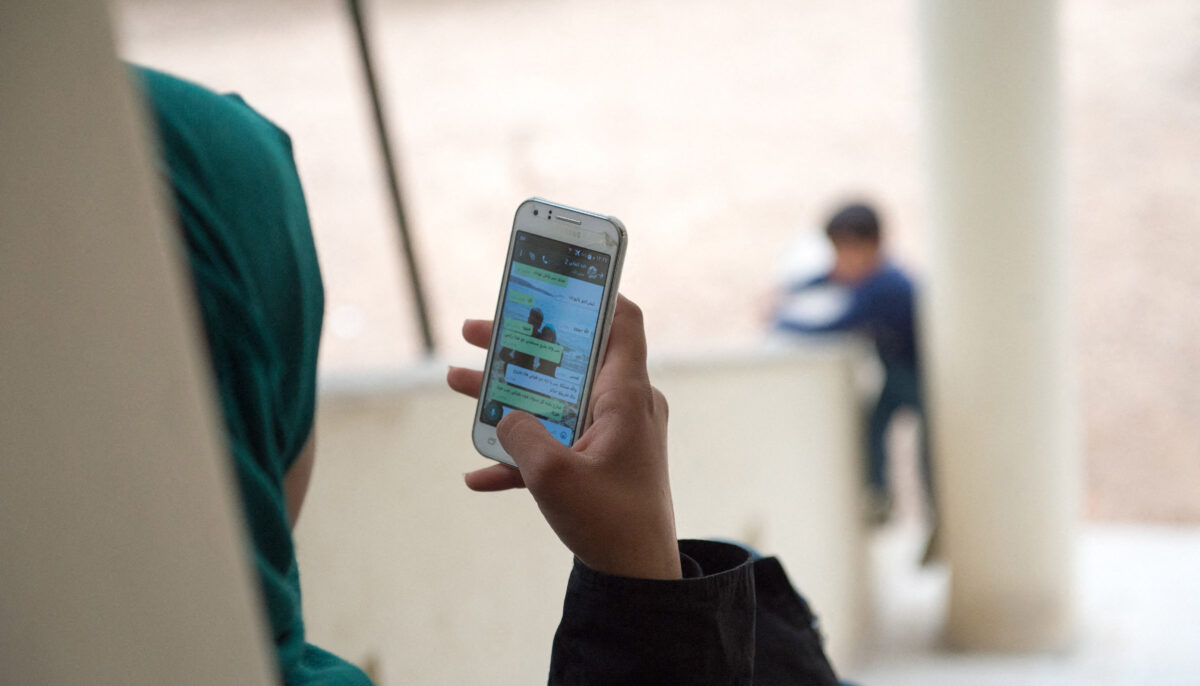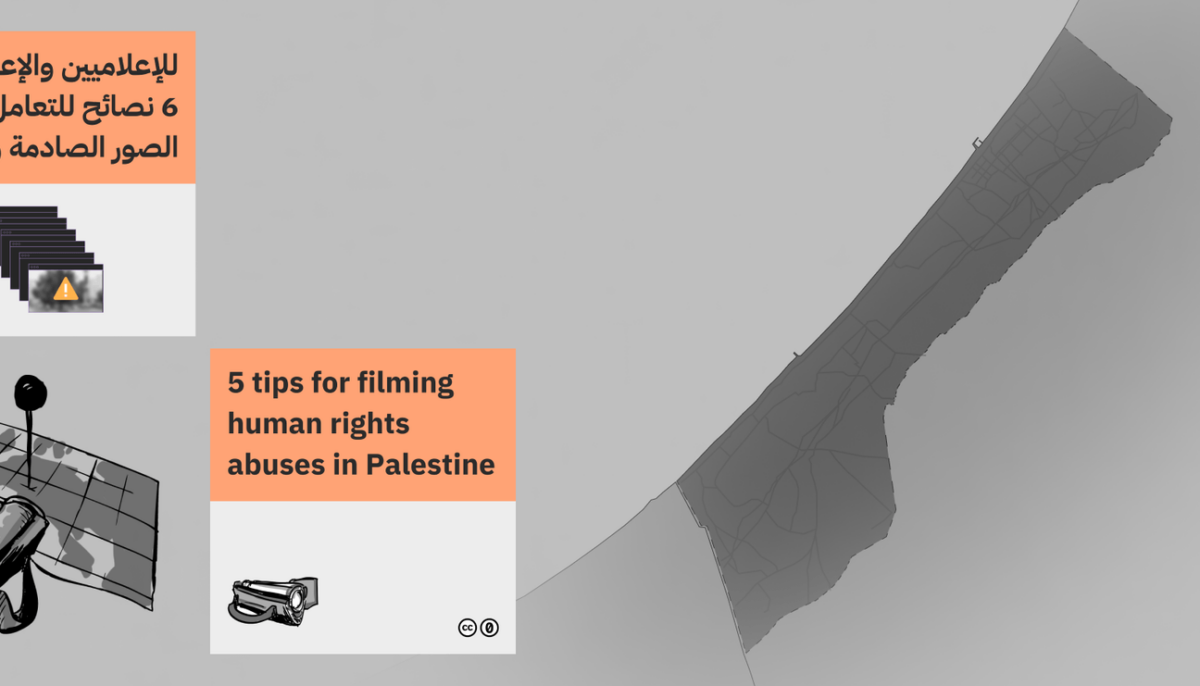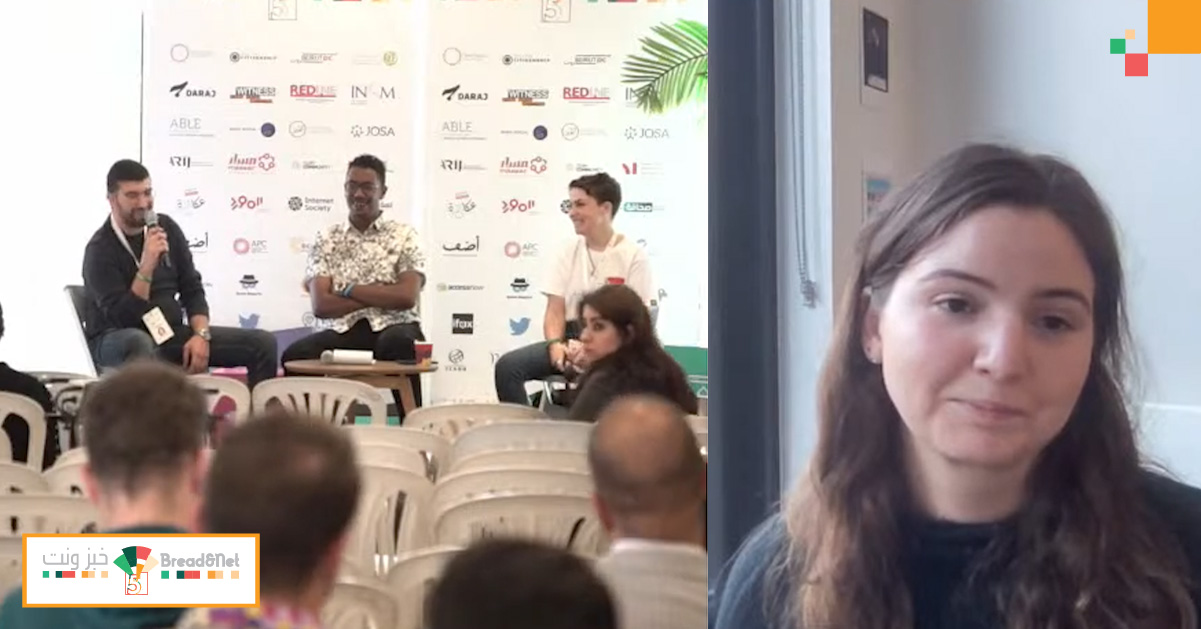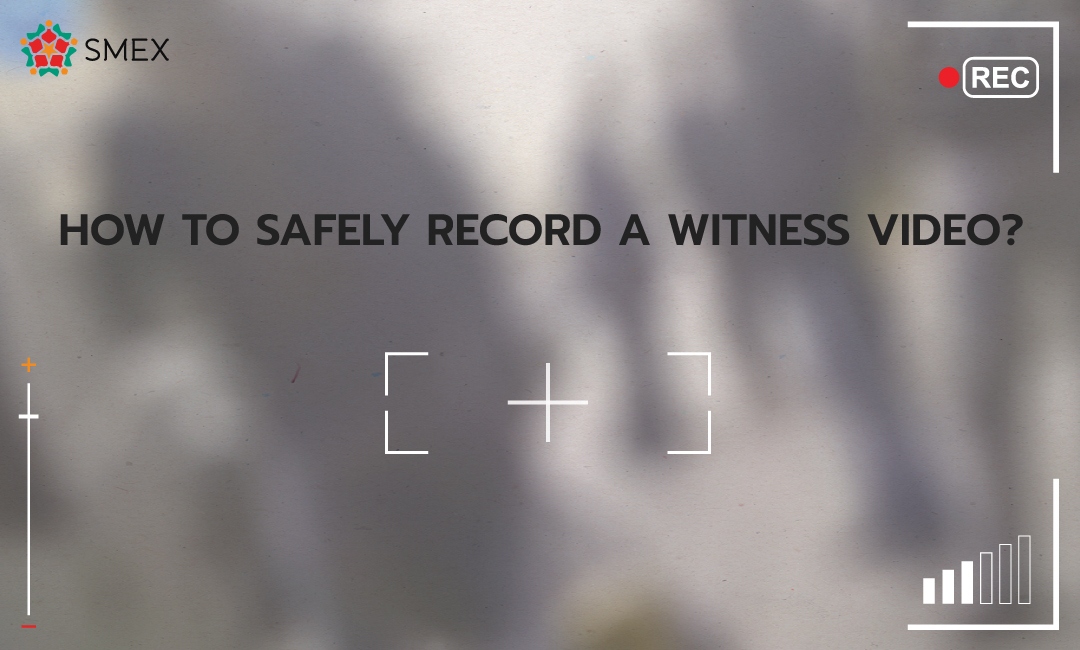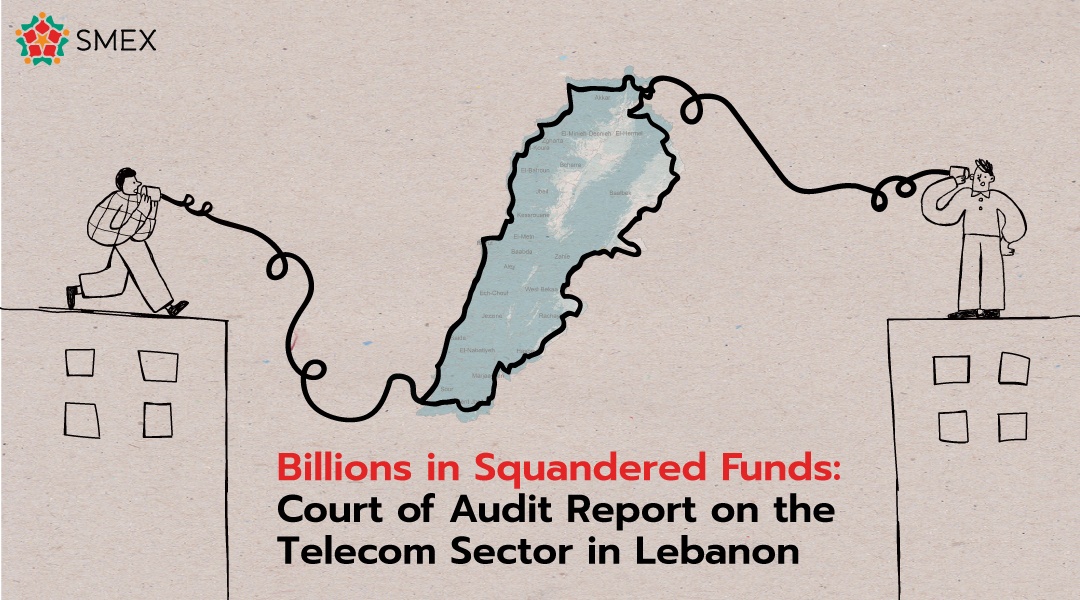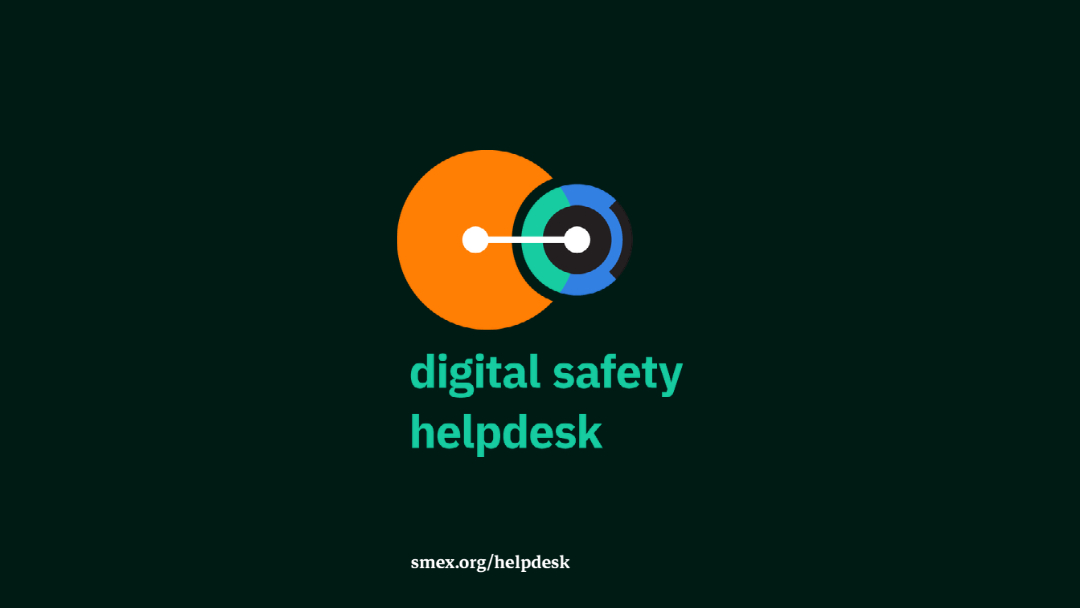
Blog Categories
Syria: Digital Safety Tips from SMEX’s Helpdesk
The recent circulation of an audio recording, allegedly from a Druze religious leader in Syria insulting Prophet Muhammad, is being…
Resources to capture critical evidence from the Israel-Gaza war
A coalition including Meedan, SMEX and WITNESS aims to strengthen capacity to document, debunk, archive, and preserve critical information in…
Staying safe online in the context of conflict in Gaza
Author: Sage Cheng | Access Now’s Digital Security Helpline | SMEX’s Digital Safety Helpdesk With conflict escalating, it is becoming harder and harder for…
Down for Nothing? Shutdowns during Exams in the Middle East and North Africa [Bread&Net 2022]
The session “Down for Nothing? Shutdowns during Exams in the Middle East and North Africa” was held as part of…
How to safely record a witness video?
Phones have become a viable tool for recording violence and injustice around the world. In many cases, posting online helps…
The Digital Safety Helpdesk at SMEX
In April 2020, SMEX launched the Digital Safety Helpdesk to support internet users, activists, journalists, bloggers, and human rights organizations…


